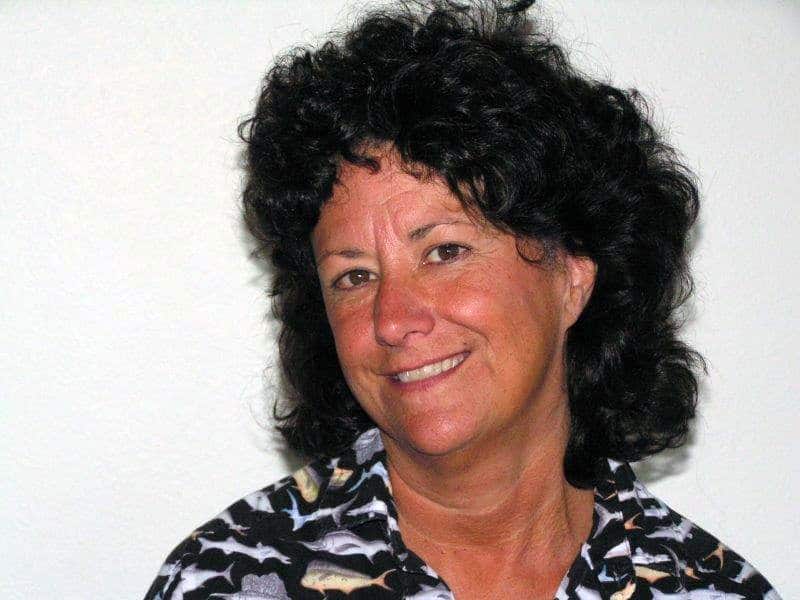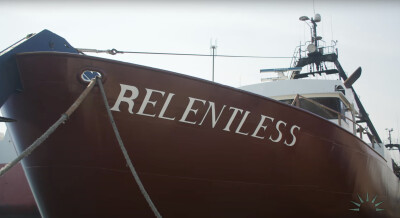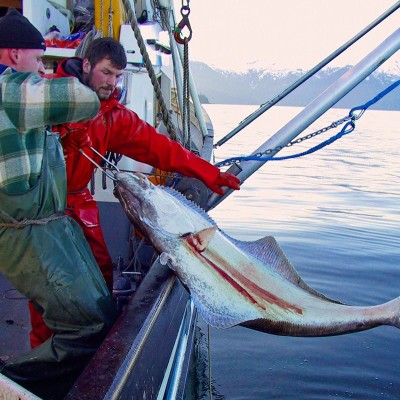May 26, 2020
Survey says: Fishermen prefer relief checks, help with marketing, health, and safety
- Alaska
- News
- National & International
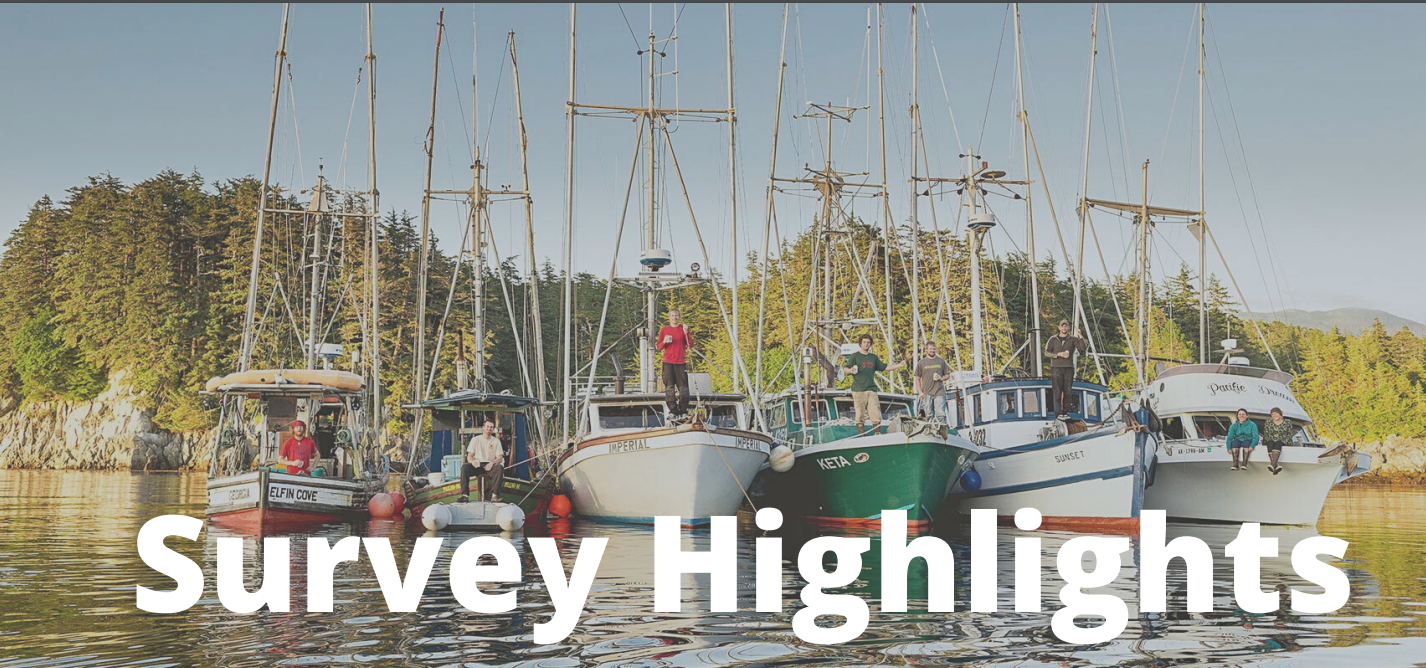
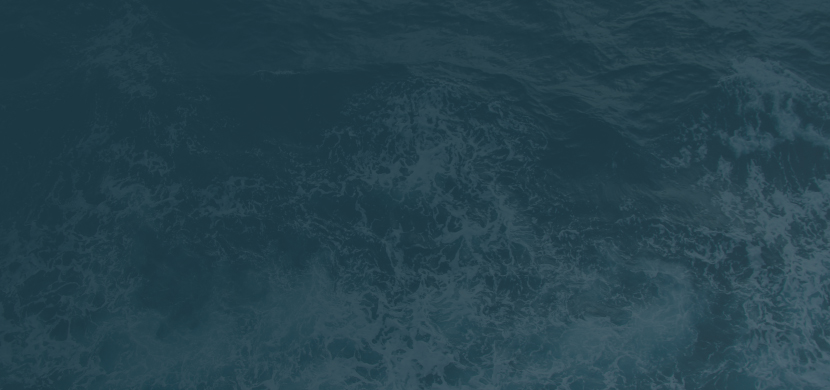
You've caught the limit!
Free membership gives you access to:
- Unrestricted access to all NationalFisherman.com articles.
- Enjoy an extensive archive of National Fisherman magazine issues, including articles, features, and insights from the publication's history
- Receive the latest developments and expert opinions from the fishing industry delivered directly to your inbox twice a week.




